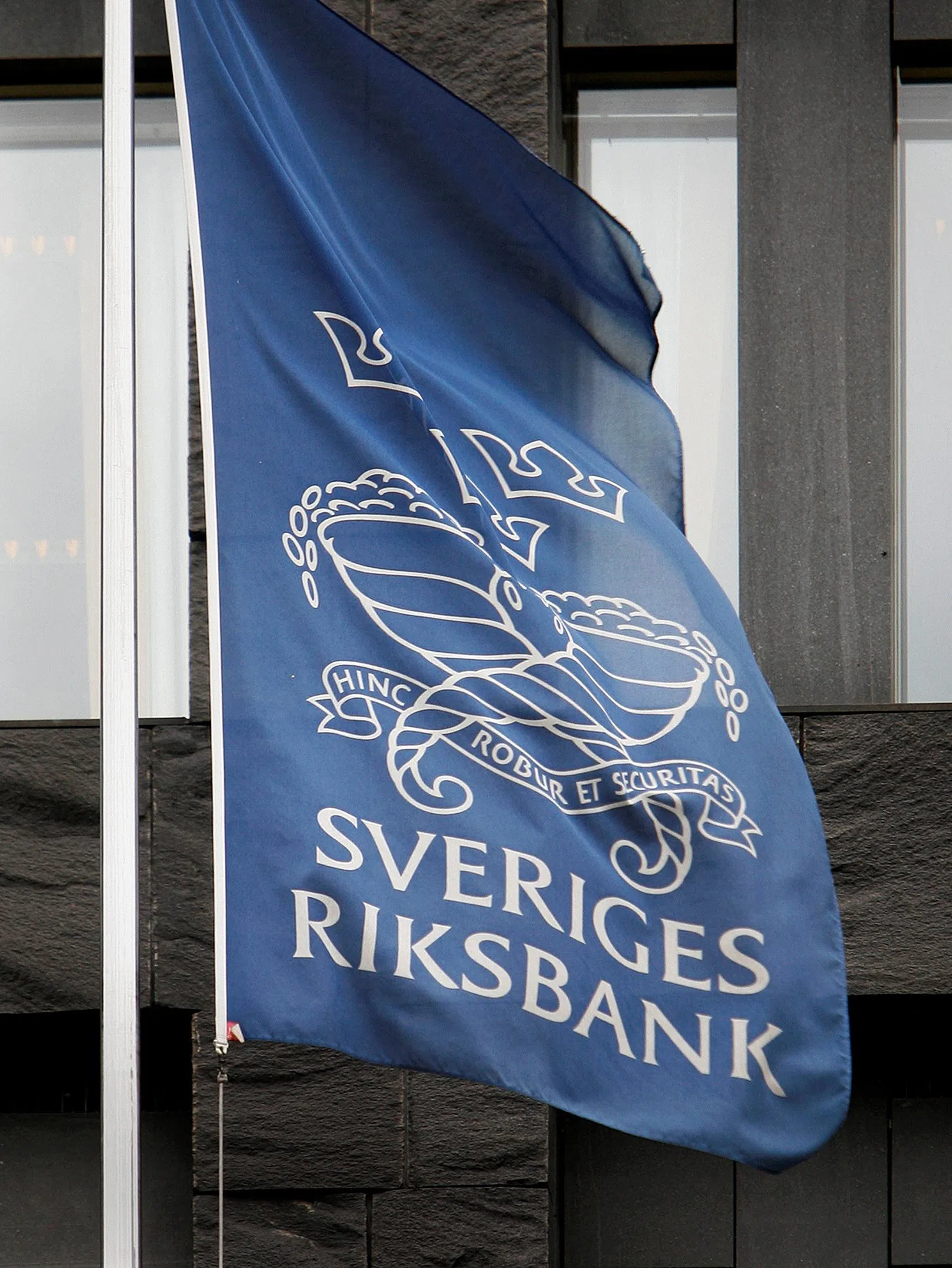New Delhi:
The party that once led Bangladesh to liberation now finds itself outlawed on the very soil it helped set free.
The Awami League, once the torchbearer of Bangladesh’s independence, has been banned under the Anti-Terrorism Act by the country’s interim government led by Muhammad Yunus. Citing threats to national security and an ongoing war crimes investigation, the administration has outlawed all party activities.
Former Prime Minister Sheikh Hasina’s party, which ruled the country for over a decade until her ouster in a mass uprising last year, has been accused of orchestrating violent crackdowns during the July-August 2024 student-led protests that killed close to 1,500 protestors.
The Awami League
Born out of discontent with the ruling West Pakistani elite, the Awami League was founded on June 23, 1949, in Dhaka. Then called the ‘East Pakistan Awami Muslim League’, it was a breakaway faction of the Muslim League. The party emerged as a secular, progressive voice for the Bengali population in then East Pakistan. Sheikh Mujibur Rahman, a young student activist, became one of its key leaders and later its most iconic figure.
The party played a major role in the 1952 Language Movement, demanding Bengali be recognised as one of Pakistan’s state languages.
It grew its base among students, intellectuals, and rural voters through its populist and regional identity politics.
1970 Pakistan Elections
In the 1970 general elections of Pakistan, the Awami League, under Mujibur Rahman’s leadership, swept the East Pakistani seats and won a majority (160 out of 162).
West Pakistan refused to hand over power to Mujibur Rahman, triggering political unrest and a brutal crackdown known as ‘Operation Searchlight’.
1971: Formation Of Bangladesh
On March 26, 1971, after political negotiations failed, Bangladesh declared independence. Awami League led the freedom movement.
Mujibur Rahman was arrested by Pakistani forces.
The Awami League-led Mukti Bahini (Liberation Army), backed by India, waged a successful liberation struggle that went on from March to December. Rahman was later released after the war ended.
Bangladesh gained independence on 16 December, 1971, with the help of India.
Mujibur Rahman was the first President and Prime Minister of the nation. Considered the founding father of Bangladesh, he was hailed as the ‘Bangabandhu‘ — Friend of Bengal.
1975: Mujibur Rahman’s Assassination
The Awami League government struggled with post-war reconstruction, famine, and rising discontent.
In 1975, Mujibur Rahman introduced one-party rule through BAKSAL (Bangladesh Krishak Sramik Awami League), a move that many felt betrayed the ideals of democracy.
Months later, on August 15, Mujibur Rahman and most of his family were assassinated in a military coup.
The Awami League lost its footing in the military-led regimes of Ziaur Rahman and later Hussain Muhammad Ershad.
1981: Return Of Sheikh Hasina
In 1981, Sheikh Hasina, Mujibur Rahman’s exiled daughter, returned to Bangladesh and assumed leadership of the party. Through the 1980s, she rebuilt the Awami League from the ground up, allying with student groups, civil society and pro-democracy voices.
The party played a key role in the 1990 movement that ended Ershad’s dictatorship.
In 1996, the Awami League returned to power after 21 years when Hasina became Prime Minister.
Her first term was marked by peace deals with tribal groups and infrastructure investment.
2001: Political Turbulence
After losing power in 2001, the Awami League accused the BNP-Jamaat alliance of political repression.
In 2007, a military-backed caretaker government took over, arresting both Hasina and BNP leader Khaleda Zia under corruption charges.
2009-2023: The Hasina Era
The real shift came after 2009, when Sheikh Hasina began her uninterrupted 15-year rule — making her the longest-serving prime minister in Bangladesh’s history.
Human rights groups and opposition leaders alleged that her government used authoritarian tactics to cling to power. Elections were marred by allegations of vote rigging, opposition crackdowns became common, and the media faced increasing censorship. Critics accused the Awami League of turning into what it once fought against — a centralised force intolerant of dissent.
She ruled until her ouster in 2024.
2024: Student Uprising
In July and August 2024, students across the country launched mass protests triggered by fuel price hikes, youth unemployment, and corruption allegations.
According to the United Nations, over 1,400 protesters died in police crackdown instructed by Hasina’s Awami League.
Sheikh Hasina’s government collapsed in August 2024, following pressure from civil society, opposition groups, and defectors within her own party. She resigned on August 5, 2024, and fled the country.
By September, an interim administration led by Nobel Laureate Muhammad Yunus was in place.
Now, the Awami League has not only been removed from power, it has been criminalised and banned under the Anti-Terrorism Act.







